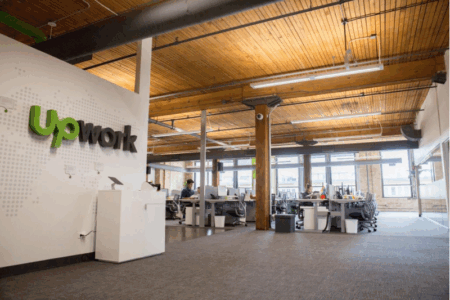There is no shortage of worries around the world today.
And they are adding up.
During this year’s May Day Rally, PM Lee spoke about the possibility of a recession by 2024.
Then, in June, JP Morgan Chase (NYSE: JPM) CEO Jamie Dimon said that he is bracing for an economic hurricane, and advised investors to do the same.
As if that was not scary enough, The World Bank warned that the global economy could be heading for a toxic combination of slower growth, rising prices and high unemployment.
The result — stagflation — could lead to years of struggles, the bank said.
Amid the dour news, you are left with a simple question: what should you do now?
Downturns and market crashes
Historically, stock market declines have preceded economic recessions.
Take March 2020, for instance.
The threat of the pandemic was enough to send the Straits Times Index (SGX: ^STI) tumbling by over 30% from peak to trough within a matter of weeks.
Such declines are rare, but have occurred six times since 1993.
Source: S&P Global Capital IQ, Yahoo Finance, and WSJ; author’s calculation
Bear markets, defined as a 20% fall, are a little more common.
History tells us that bear markets occur in two out of every five years, odds which are a touch better than a coin flip.
Yet, knowing the odds does not answer the one question in many investors’ minds …
WHEN exactly will the stock market downturn happen?
We all know it WILL happen in the future.
But we just DON’T KNOW when.
Anyone who pretends otherwise is not telling you the truth.
The good news is that knowing that a decline will happen in the future is more than enough for you to profit from a downturn.
The fabled perfect exit
The question of WHEN the stock market will decline speaks to a deeper insecurity among investors.
The underlying assumption is the widely-held belief that a good investor knows when to exit before share prices come tumbling down.
Yet, this popular idea is flawed.
The real cause of selling before a potential decline is due to something simpler: FEAR
And from our observation, investors who sell out of fear are unlikely to suddenly find the courage to buy when share prices are lower.
In short, emotional-driven decisions rarely end up well.
BUT there’s good news.
Even an imperfect entry can do wonders for your portfolio.
The fabled perfect entry
Another widely-held belief is the idea that good investors can time their entry to near perfection, swooping in just as share prices bottom and enjoying the ride up just in time.
Of course, we may get lucky with our timing from time to time.
But luck is not a strategy.
The good news is that we do not have to perfectly time our entry or exit to achieve a satisfactory result.
Take DBS Group (SGX: D05), Singapore’s largest bank.
At The Smart Dividend Portfolio, we bought shares in April 2020, long after the share price had recovered from its low in the prior month.
With a buy price of S$19.34, our shares are worth over 60% more, even though our entry was nowhere near perfect.
That’s not all.
Our shares, which have been held for more than two years, have steadily paid us an increasing dividend which boosted our overall returns to north of 75%.
And what did we do to achieve this result?
Being unapologetically imperfect in our entry.
More importantly, we were patient, not selling our shares while receiving dividends in our bank account.
Get Smart: If we can do it, so can you
The investing world will have you believe that you need to be perfect in entering and exiting your stocks.
But swinging in and out of stocks is a surefire way to make your broker rich through trading fees.
Here’s the kicker: our result with DBS Group is, by no means, a fluke.
Despite the good returns, DBS Group ranks as our second-best performing stock in our 25 stock Smart Dividend portfolio, sitting behind our best performing stock which has returned over 300% from May 2020.
We have plenty of other examples to demonstrate that patience, and best of all, doing as little trading as possible, is a far superior way to earn a satisfying return from Singapore’s stock market.
As a bonus, you won’t lose sleep from worrying about perfect entries and exits.
The world has enough problems as it is.
You don’t have to worry over flawed beliefs that, frankly, do not matter.
All you need is a good portfolio of carefully picked stocks and a healthy dose of patience.
Disclaimer: Chin Hui Leong owns shares of DBS Group.




